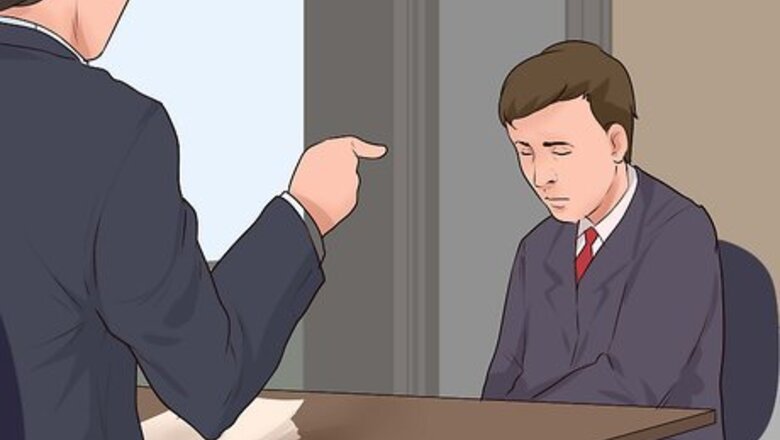
views
Complying with Probation Conditions
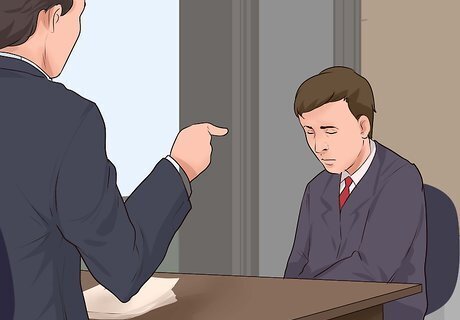
Fulfill all conditions of your supervised release. To be eligible for early termination, you must obey all the terms and conditions of your probation from the moment it begins without any violations or issues. Some violations, such as possession of a firearm or a controlled substance, require the mandatory revocation of your supervised release and return to prison. Typically, to have your request for early termination of your supervised release approved, you must be doing exceptionally well on probation and not be causing any problems or concerns for your probation officer.
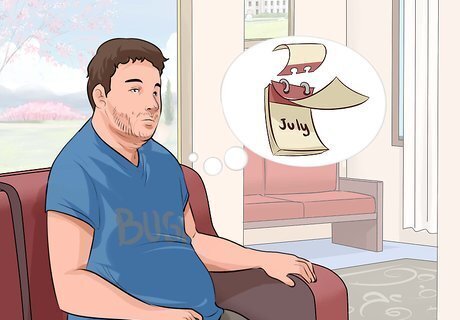
Complete at least one year of supervised release. If you were convicted of a felony, federal law requires that you complete at least one year of your term before you request early termination. One year is the minimum, but some judges won't consider requests for early termination until you've completed at least half, or even two-thirds, of the time you were originally sentenced. If you were convicted of a misdemeanor or infraction, the judge may consider a request for early termination of probation at any time.
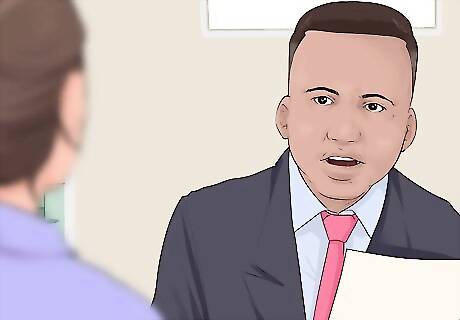
Discuss early termination with your probation officer. It will help your case if your probation officer is on board with it and thinks you are a good candidate for early termination. Your probation job both assists you in transitioning from life in prison to life outside in the community and makes sure you follow all the conditions of your release that were set by the judge. You can make a request yourself, or the request can be generated by your probation officer. In some cases you may have a greater chance of getting off federal probation early if the request comes from your probation officer rather than from you. Your probation officer examines your role in the offense, the punishment of any co-defendants, the nature and severity of the offense, your overall criminal record, and the extent to which you've complied with all the terms and conditions of your supervised release. Your probation officer also can find out if the U.S. Attorney objects to your early release before she makes the request. Even if your probation officer doesn't generate the request herself, her recommendation will carry a lot of weight. The judge will ask her opinion, and if she doesn't agree that you should get off probation early, the judge probably will not grant your request. If you can't get your probation officer to recommend early termination for you, at least try to get her to agree not to object to it.
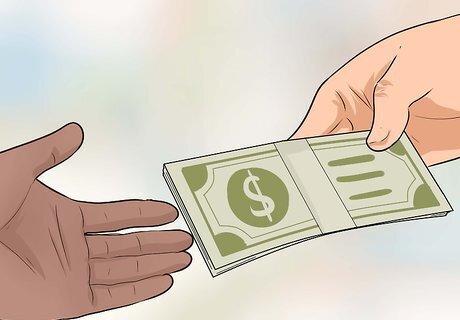
Pay all fines or restitution. You cannot get off federal probation early unless you've paid any monetary amounts assessed to you. Some judges are willing to grant early termination even if you still owe money, provided you've made all payments as scheduled during your supervised release. However, many judges won't let you get off federal probation early if you still owe money to the courts.
Preparing Your Argument
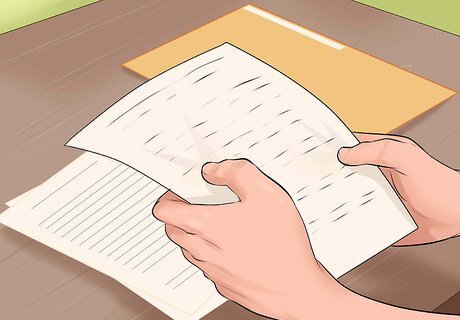
Get copies of your criminal record. You'll make a better case for early termination if you can prove that you've committed no other crimes since you were charged with the offense that landed you on probation. One of the factors the judge must consider when evaluating your request is your criminal history as well as your social history. The judge also will look at how you were sentenced under the federal sentencing guidelines.

Write an objective account of the circumstances of the offense for which you are on supervised release. Your role in the crime for which you were convicted may affect whether a judge is willing to approve your request for early termination.
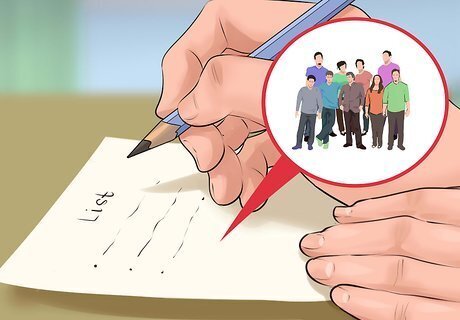
Make a list of all the changes you've made in your life since you were arrested for the offense. If you've ceased contact with the other individuals involved in the crime, started a new job, or made other positive changes in your life, these things can weigh in favor of you getting off federal probation early. The judge will look at whether the public is protected from any further crimes you may commit. The more you can show that you've moved far away from that previous life, the greater your chances the judge will grant your request.
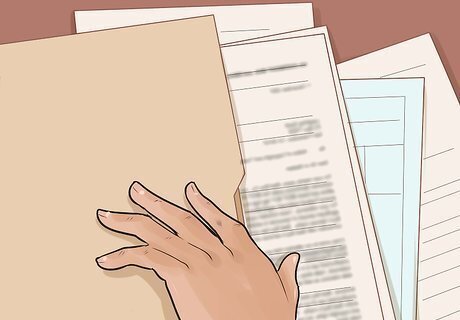
Gather documentation of any education, training, or rehabilitation programs you've completed since the offense. Any additional education or official programs can decrease the likelihood that you would go back to your old way of life and commit another crime once released from probation early. When reviewing your request, the judge will consider whether you've had enough education, job training, and health care such as substance abuse or mental health treatment. This is particularly important if you were sentenced to a longer term of supervised release because of a history of substance abuse. If you've successfully completed a substance abuse rehabilitation program and have been clean for awhile, the judge will be far more likely to allow you to get off probation early.
Filing Your Motion
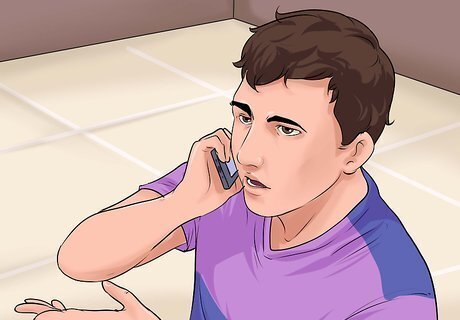
Contact your federal defender. Your federal defender or another attorney with experience in early termination of supervised release can help you file a motion with the appropriate court. If your federal defender doesn't have much experience in requesting early termination of supervised release, you might consider talking to another attorney who does have experience with these types of requests. Typically you can at least get a free consultation in which the attorney will give you an honest assessment of your case and the odds the judge would grant your request.
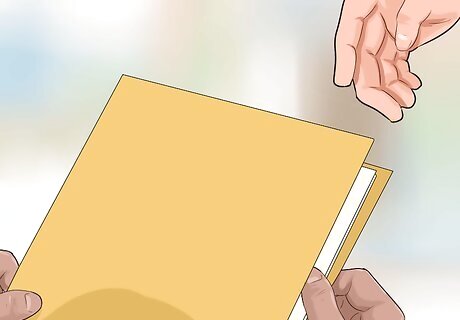
Provide any required documents or other information. Your attorney will need proof of any changes or rehabilitation programs to solidify his argument and support his motion. You also may need to collect any school or work records, financial records, and medical records showing your rehabilitation. For example, if you've been receiving treatment for depression, your attorney might request records of this treatment – especially if your depression had anything to do with your crime.

Find out the U.S. Attorney's position on early termination of your supervised release. If the U.S. Attorney assigned to your case is opposed to your early termination, the judge probably will not grant your request. Your attorney can talk to the U.S. Attorney assigned to your case and get an understanding of his position on your early termination. Even if he intends to oppose your motion, your attorney can learn why and be sure to address those concerns when he drafts your petition.
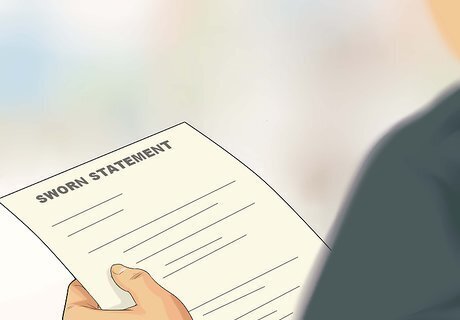
Consider including affidavits from witnesses. If you have any witnesses to your rehabilitation such as a boss or co-worker, you might be able to include affidavits from them testifying to your character.
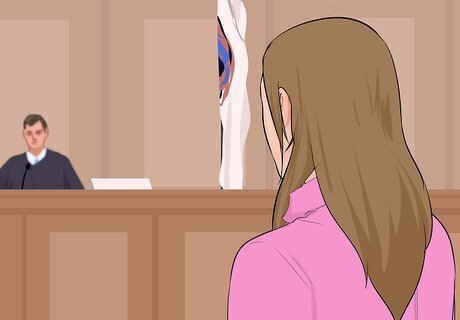
Comply with all court requests. If the court needs any additional information to make a ruling on your request, or will only approve your request provided certain conditions are met, make sure you take care of those things as soon as possible. If the U.S. Attorney opposes your early termination, the judge may schedule a contested hearing. After the hearing, the judge still may grant your request for early termination, but this is more difficult than if the U.S. Attorney voluntarily consents to your early termination and waives the hearing.

















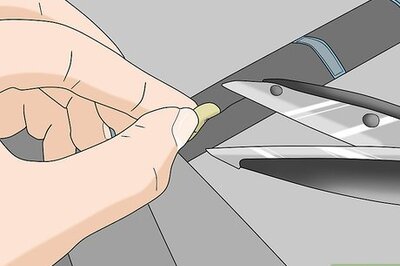


Comments
0 comment